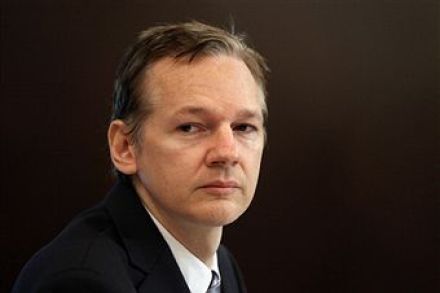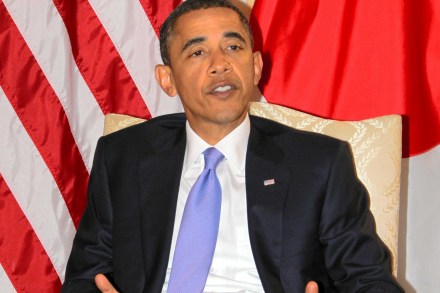“Our democracy to be as good as she imagined it”
President Obama rode to power on his rhetoric. Yesterday, for the first time in months, he rekindled that initial spark to speak to the nation – and the world – about loss, democracy and the compassion that is needed for a society to work. You can watch the full speech above. To me, though, this passage was particularly affecting: “I believe we can be better. Those who died here, those who saved lives here – they help me believe. We may not be able to stop all evil in the world, but I know that how we treat one another is entirely up to us. I believe that for all


















